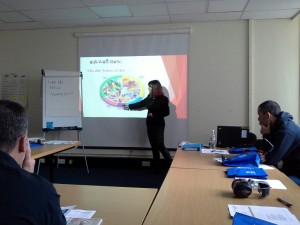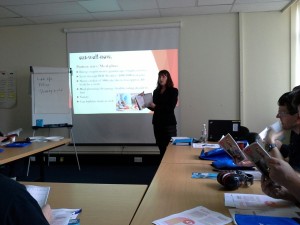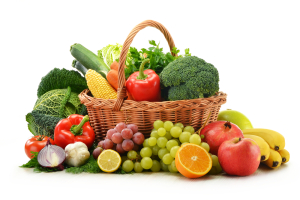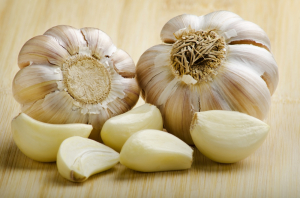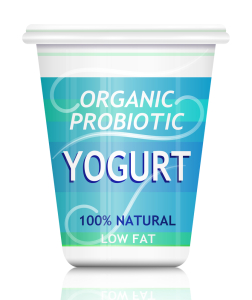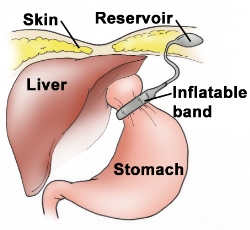 Diets for Bariatric (Gastric band) Surgery
Diets for Bariatric (Gastric band) Surgery
If you have had bariatric surgery or are considering having surgery it is essential you receive dietary advice from a Registered Dietitian.
The right diet and proper bariatric eating techniques can mean the difference between success and failure. This will ensure that you avoid complications and maximise short and long term weight loss.
It is essential that you do not see gastric band or bypass surgery as a quick fix. There is no such thing as a quick fix when it comes to losing weight. The key is to be sensible and follow a healthy well balanced diet under the guidance of a Dietitian. This will ensure that you achieve and sustain weight loss for the long term.
Your journey
I like to think of losing weight as a journey. When you are considering any journey it all starts with the planning. So with bariatric surgery you will want to consider is this the best option for me? What type of operation is suitable for me? Should I have a gastric band or gastric bypass? What changes will I need to make to my diet? There will be many more questions that come to mind.
Pre-operative diet
If you are planning on having a gastric band or gastric bypass you will need to follow a pre-operative diet and this will be required to shrink your liver. Having an enlarged liver will make it difficult for your surgeon to perform the operation. Your pre-operative diet will be low carbohydrate with plenty of fluids, however you will only need to follow this for 1-2 weeks.
Post Surgery
After surgery you will need to ensure that you follow a detailed baratric surgery eating plan for the first few weeks. This will allow your body to heal and also give you time to work up to normalised eating but with much smaller portions. For the first couple of days after surgery you will be advised to have liquids only and you will gradually work up from clear fluids to normal fluids. For the first 4 weeks you will recommended to have pureed/blended foods such as yoghurts, smoothies, soups, pureed meals. Then after 4 weeks the aim is to increase the ‘solidness’ of your foods so that you are eating soft consistency foods such as mashed potato, fishermans pie, shepherds pie. By approximately 6 weeks you should be back up to a normal diet but be eating much smaller portions.
If you have a gastric band you will be looking at having your first gastric band fill at around 6 weeks after surgery which will add restriction. With gastric bands you will have regular band fills until you reach a point at which you are consuming a good range of types of different foods and be losing weight at a steady rate. I often call this the “sweet spot” and it is the optimum zone to be at with your gastric band. It is essential that you are regularly assessed by a Registered Dietitian to ensure that your diet is well balanced and you are consuming a good range of different foods.
Top ten tips for eating well with a gastric band/bypass
1. Eat healthy well balanced meals and ensure that you include all 5 food groups.
2. Eat regular meals breakfast, lunch and dinner which will also help regulate your appetite.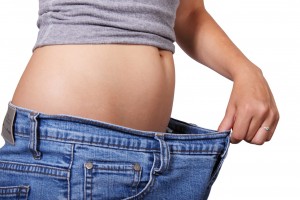
3. Portion sizes – should be around the size of a teaplate.
4. Drink sufficient fluids at the right times, avoid drinking with meals but drink 30 mins before a meal or 60 minutes after.
5. Don’t snack too much between meals.
6. Eat slowly and chew food well.
7. Ensure that you eat the protein part of your meal first, following by vegetables/salad and then carbohydrates.
8. You may also be recommended to take a multivitamin/mineral supplement (this is essential if you have had a gastric bypass to avoid any nutritional deficiencies).
9. Eat the protein part of your meal first, followed by vegetables/salad and then carbohydrates.
10. Try new foods when you are in a comfortable environment, stress will make eating with the band harder
Problem foods
Some people have found that certain foods can cause a blockage to form above the band leading to vomiting, these are listed below and care should be taken with them.
o Asparagus
o Pineapple
o Rhubarb, cut the strands into small pieces
o Oranges and dried fruit
o Coconut
o Chips
o Popcorn
o Nuts, ok if you chew them well into a paste
o Very soft white bread, pasta
If a food feels like it is stuck try a sip a small amount of warm liquid or (although we don’t normally recommend drinking coke) try taking some sips of coke, the fizzy can help dislodge the food.
You can find detailed guidance by reading the Bariatric Surgery Nutritional Guidelines from the American Society for Metabolic and Bariatric Surgery (ASMBS).
http://asmbs.org/resources/integrated-health-nutritional-guidelines?/newsite07/resources/bgs_final.pdf
Healthy eating for life
In order to change your eating habits and ensure that you losing weight and staying on track it can be helpful to get support. This can be from support groups, friends/family or your Dietitian. Also, you may want to set yourself some goals to achieve to help keep you motivated. Also, it is essential that you reward yourself along the way with non-food treats. You may find it helpful to keep a diary or journal of your weight loss journey to see how you are changing as a person and focus on all the positive changes you are making to your life. If you are struggling with emotional eating you may want to think about what the triggers are and try and avoid these and find some ways of dealing with them. Don’t beat yourself up when you feel that you have had a bad day and not eaten so well. Just put it behind you and move on and start again.
Help and support
Always, reach out for help and support when you need it. Speak to health professionals at your bariatric surgery centre. Ask your Dietitian for ideas on meals to cook to help keep your diet varied and interesting. Join a local support group or set your own up!
And finally, I wish you all the best in your weight loss journey
If you are based in Exeter or Devon contact Debra at Eat Well Now to book a consultation.
 Diets for Bariatric (Gastric band) Surgery
Diets for Bariatric (Gastric band) Surgery

